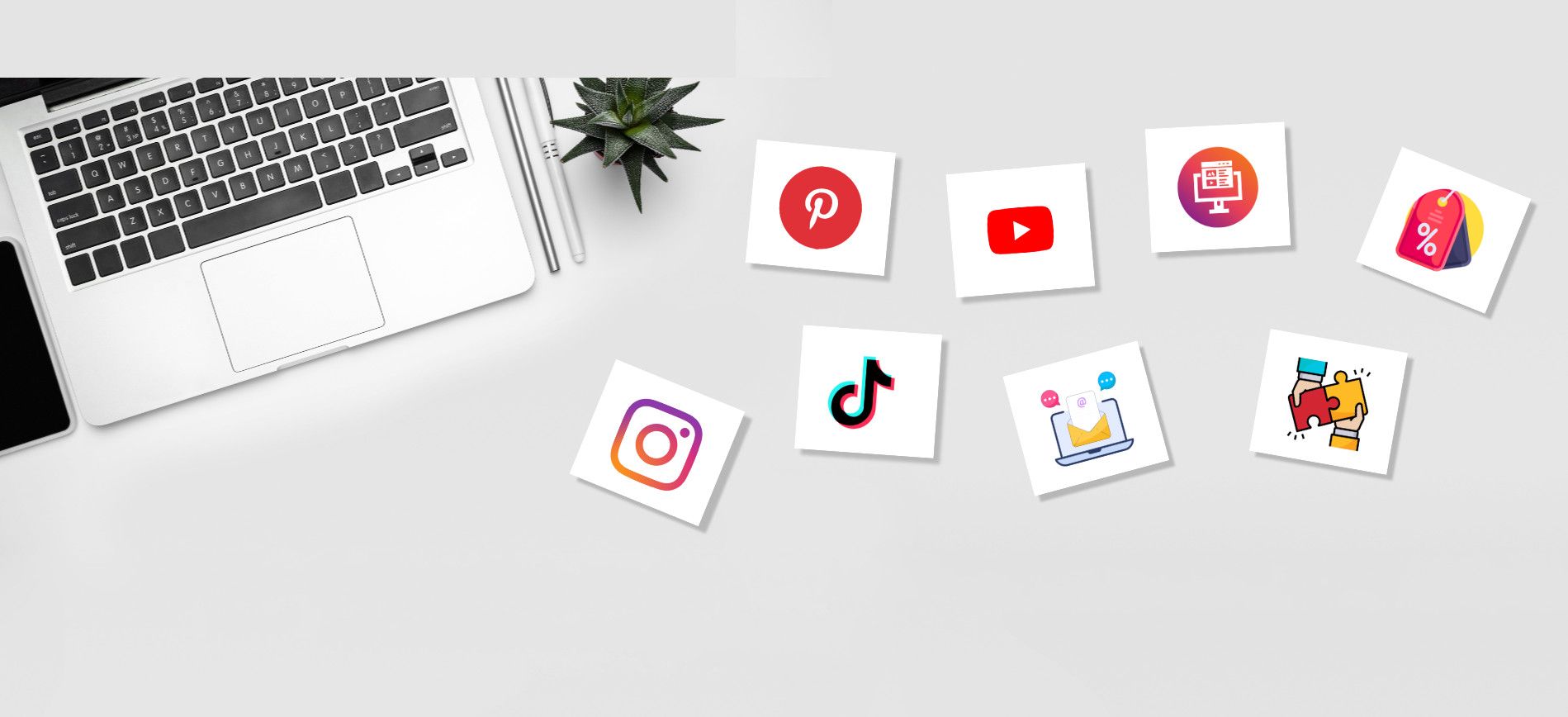How to organize shopping events to attract customers
September 26, 2023
Are you looking to promote your product and attract potential customers at the same time? One way to do this is by organizing shopping events. Shopping events are a great way to get people interested in your product and generate sales. By streamlining the event planning process, you can make sure your event is successful and attract potential customers.
Here are some tips on how to organize your virtual shopping event:
Choose the right platform
The first step is to choose the right online shopping platform for your event. There are a variety of platforms available, so it's important to select one that will be accessible to your target audience. The most important thing to consider is whether the platform is user-friendly and easy to navigate. If your target audience is not as familiar with using online platforms and ecommerce, then you'll want to choose a service that is simple and straightforward.
You should also consider the cost of the platform and the payment options available. Some platforms charge a monthly fee, while others take a percentage of each sale. Depending on your average and expected sales for the event, you should find one that offers the best option for you.
You'll also want to make sure that the platform offers a variety of features, such as the ability to create a wish list or registry, submit reviews, prepare an integrated shopping cart and checkout process, share photos and videos, and send e-invitations.
Plan ahead
Once you've selected the platform for your event, it's time to start planning. Planning an event can seem like a daunting task, but with a little forethought and some careful planning, it can be surprisingly easy. Start by making a list of everything you need to do and when you need to do it. Make sure to allow enough time for promotion and to ensure that all the details are taken care of. In addition, it's important to develop a marketing strategy that will reach your target audience. How are you going to promote your event? Who is your target audience? What platforms are you going to use for each step of your strategy? Once you have a plan in place, the rest will be a breeze!
Promote your event
Planning an event can be a lot of work, but it's worth it when everything comes together perfectly on the day of. Be sure to promote your event well in advance so potential customers have time to save the date. You can promote your event through social media, email marketing, or even by word-of-mouth. Promoting your event is one of the most important aspects of event planning, and there are several ways to do it effectively.
First, start with advertising and digital marketing strategies to get the word out early. Be sure to use relevant keywords so potential customers can easily find your event. You can create a landing page for your event, post flyers and posters around town, and use social media to generate interest. You can also post information about your event on community bulletin boards or online classifieds sites. Email marketing is also a great way to reach potential attendees. If you have a large email list, send out a save-the-date email blast a few weeks before the event. And finally, don't forget the power of word-of-mouth. Be sure to tell your friends, family, and colleagues about the event so they can spread the word. With these promotion tips in mind, you're sure to pack the house for your next big event!
Stream Live
Live event streaming is a great way to make your live event more accessible to potential customers by having your event available on any device anywhere, with just one click. This is a great way to reach potential customers who may not be able to attend the event in person due to travel inconveniences and budgets, and mobile disabilities. It also allows people who are interested in your product to ask questions and get more information about it in real time.
You can also use live event streaming to build hype for an upcoming sale or product launch. By giving people a glimpse of what's to come, you can generate excitement and encourage them to shop with you when the time comes. Live event streaming is a powerful tool that should be in every retailer's toolbox. Used correctly, it can help you reach a wider audience and boost your bottom line.
Follow up
After the event, be sure to follow up with potential customers who show interest in your product. This is a great way to build relationships and generate sales. There are a few key strategies you can use to maximize your post-event follow-up efforts. First, be sure to quickly post online any sales or discounts that were offered at the event. This will create a sense of urgency and encourage potential customers to act.
Second, reach out directly to potential customers via email or phone and ask for feedback on their experience with your product. This helps to build relationships and ensure that you're meeting customer needs. Finally, add potential customers to your email list or other marketing funnel strategies so you can continue to nurture them through the sales process until they purchase your product. By following these simple steps after a trade show or expo, you can maximize your post-event follow-up efforts and generate more sales.
By following these tips, you will have a solid guide to organize your online event. Remember that the most important thing is the platform you choose must be the right one for the type of event you want to organize so it helps you and your team to meet the goals you have set, whether they are to sell more, launch a new product or simply give more visibility to your brand. Whatever your event and marketing goals are always keep in mind to plan and execute it ahead of time.





